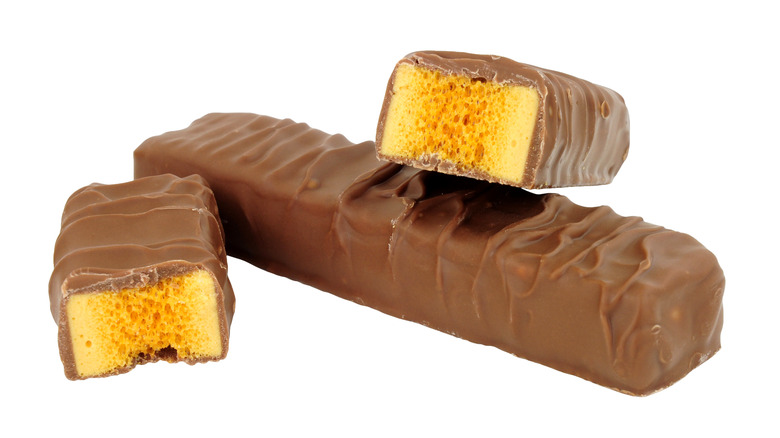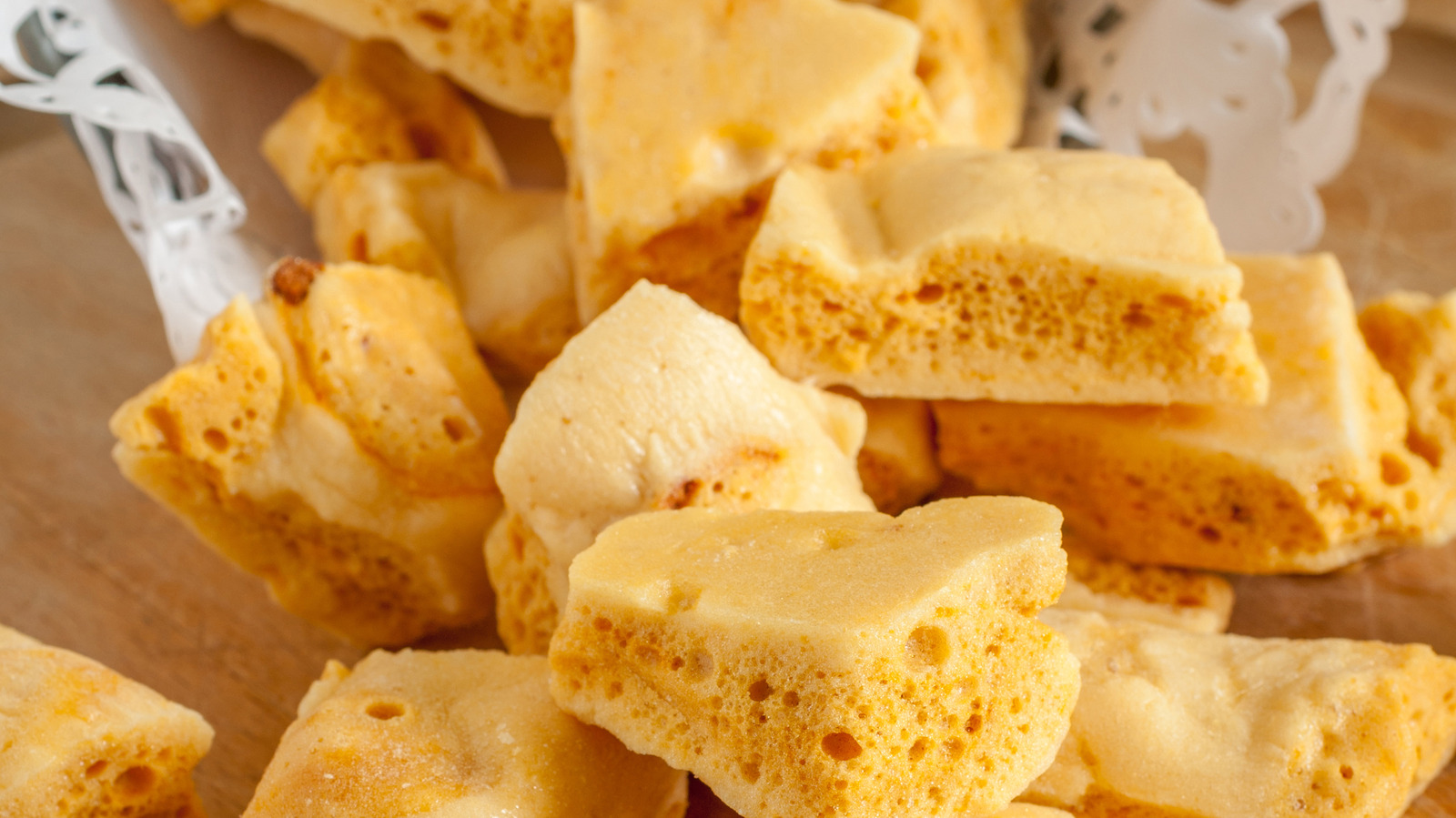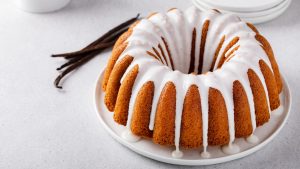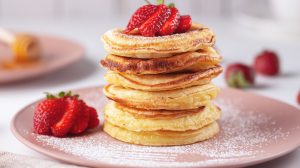Sponge candy goes by many names, including sea foam, fairy food, and cinder toffee. Originating in Buffalo, New York, sponge candy is often confused with its cousins, honeycomb toffee and nut brittle. All three start by bubbling sugar, corn syrup, and water together to form a sweet foundation. They also all rely on baking soda for bubbly, light, and shatteringly crunchy result. Sponge candy, however, distinguishes itself with the addition of gelatin.
Gelatin is the must-have ingredient that will make the difference between sponge candy and honeycomb. Because as sponge candy, like honeycomb, stirs baking soda into its sugary foundation, it begins to foam and expand due to the gas bubbles baking soda releases when heated. In honeycomb, the reaction imparts giant air bubbles throughout the candy. However, the addition of gelatin before baking soda controls the reaction by providing the sugary foundation with enough elasticity to trap more of the escaping bubbles. This results in uniformly small bubbles packed tightly together, assuming the candy’s namesake appearance.
Sponge candy has the same crunch and sweetness as honeycomb because gelatin is flavorless. The even dispersal of tiny air bubbles throughout sponge candy gives it an even lighter texture and greater thickness. Plus, it’s a fun and easy homemade dessert that will entertain young kids and delight taste buds of all ages.
Tips for making sponge candy

Sponge candy is a simple recipe, but the key to success is a trifecta of preparation, temperature, and timing. Gelatin is a powder, but you’ll need to combine it with water to create a gel before adding it to the hot sugary foundation. To create a cohesive corn syrup and sugar base, the mixture will simmer. To receive the gelatin, you will take the mixture off the heat to cool. However, if you wait too long, the sugar will harden into a deep brown glass. Therefore, timing comes into play here as you should only wait a minute or two before stirring in the gelatin.
Conversely, baking soda needs higher heat to release its bubbles. So, you will turn the stove on to add the baking soda, whisking constantly. Instead of foaming, the mixture will simply expand into a cohesive blob. It’s thus important to use a large saucepan, and a large tin or glass baking pan that’s big enough to contain the expanding mixture.
After a quick shuffle over the stove, a long cooling process is key to the crunchiest results. Another tasty tip is to dip sponge candy in melted chocolate to help protect those crunchy bubbles from any moisture seeping in. If you’d rather eat the candy as is, be sure to store them in a tightly sealed container or Ziploc bag.







